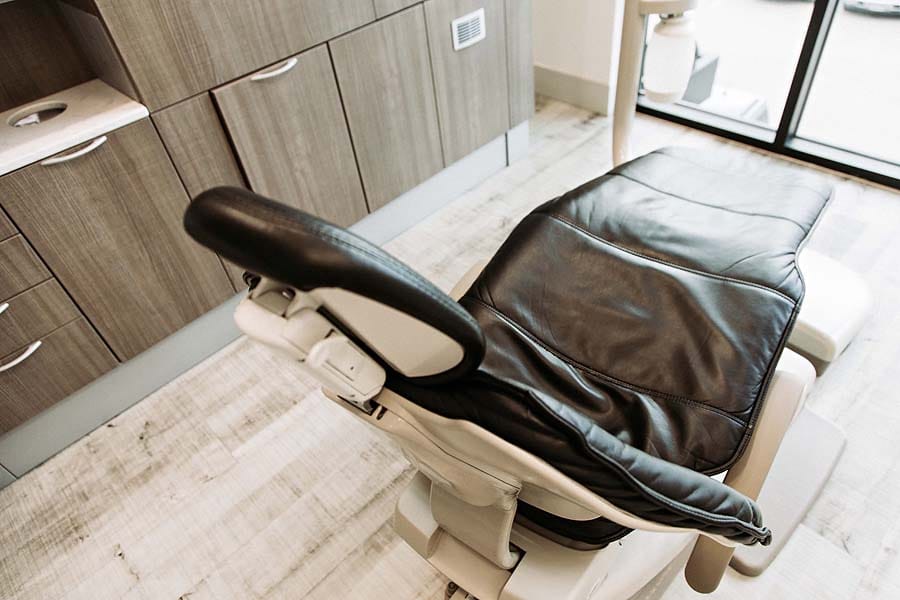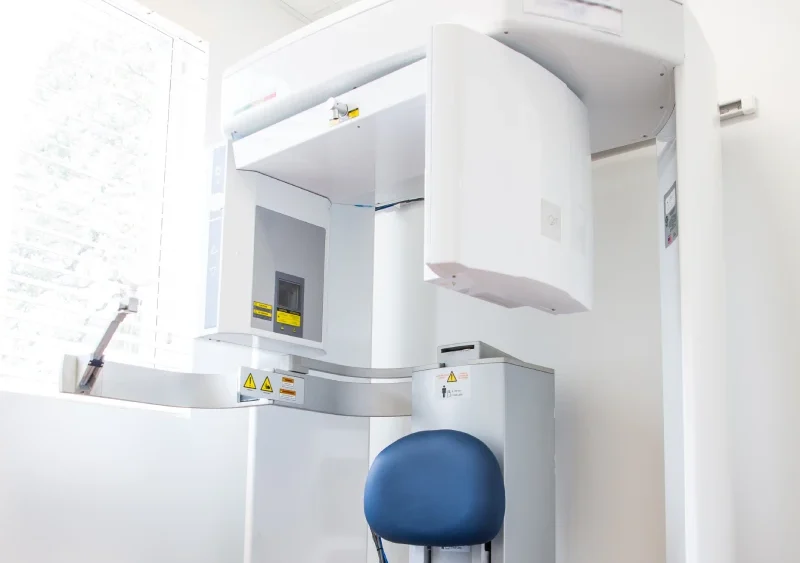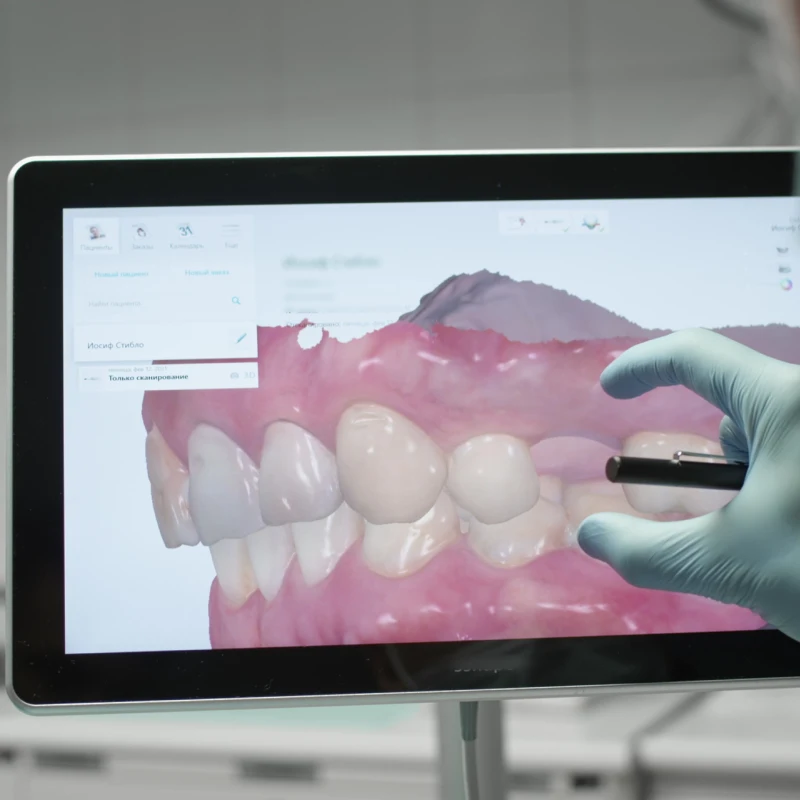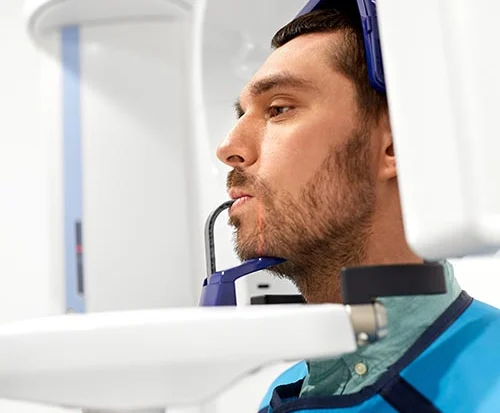Dr. Jordan Pettigrew & Associates
Guided Implant Surgery in Ottawa
Precision & Predictability for Optimal Implant Placement
Advanced Technology for Successful Dental Implants
Guided implant surgery uses 3D imaging and computer-assisted planning to enhance accuracy and efficiency during dental implant placement. This cutting-edge approach allows for precise positioning, reducing risks and improving overall treatment outcomes.
How Guided Implant Surgery Works
1. 3D CBCT Imaging
Captures a detailed scan of your mouth and jawbone structure
3. Surgical Guide Creation
A custom guide is fabricated to ensure precise positioning during surgery
2. Digital Treatment Planning
Specialized software maps out the ideal implant placement
4. Implant Placement
The guided procedure enhances accuracy and efficiency
5. Final Restoration
Once healed, the implant is restored with a custom crown for a natural finish
Why Choose Guided Implant Surgery?

Enhanced Accuracy – Digital planning ensures the perfect implant position for stability and longevity

Minimized Discomfort – Less invasive approach means reduced healing time and post-procedure discomfort

Increased Safety – 3D imaging helps avoid nerves, sinuses, and other critical structures

Predictable Results – Virtual treatment planning ensures a well-fitted, natural-looking restoration
The Role of CBCT Imaging in Guided Surgery
CBCT imaging plays a crucial role in the guided implant surgery process by providing highly detailed, three-dimensional views of the jawbone. This advanced imaging technology helps our team assess bone density, nerve positioning, and overall implant feasibility, leading to safer and more predictable results.

Book a Consultation Today
Experience the precision and benefits of guided implant surgery. Schedule a consultation to discuss your implant options.




